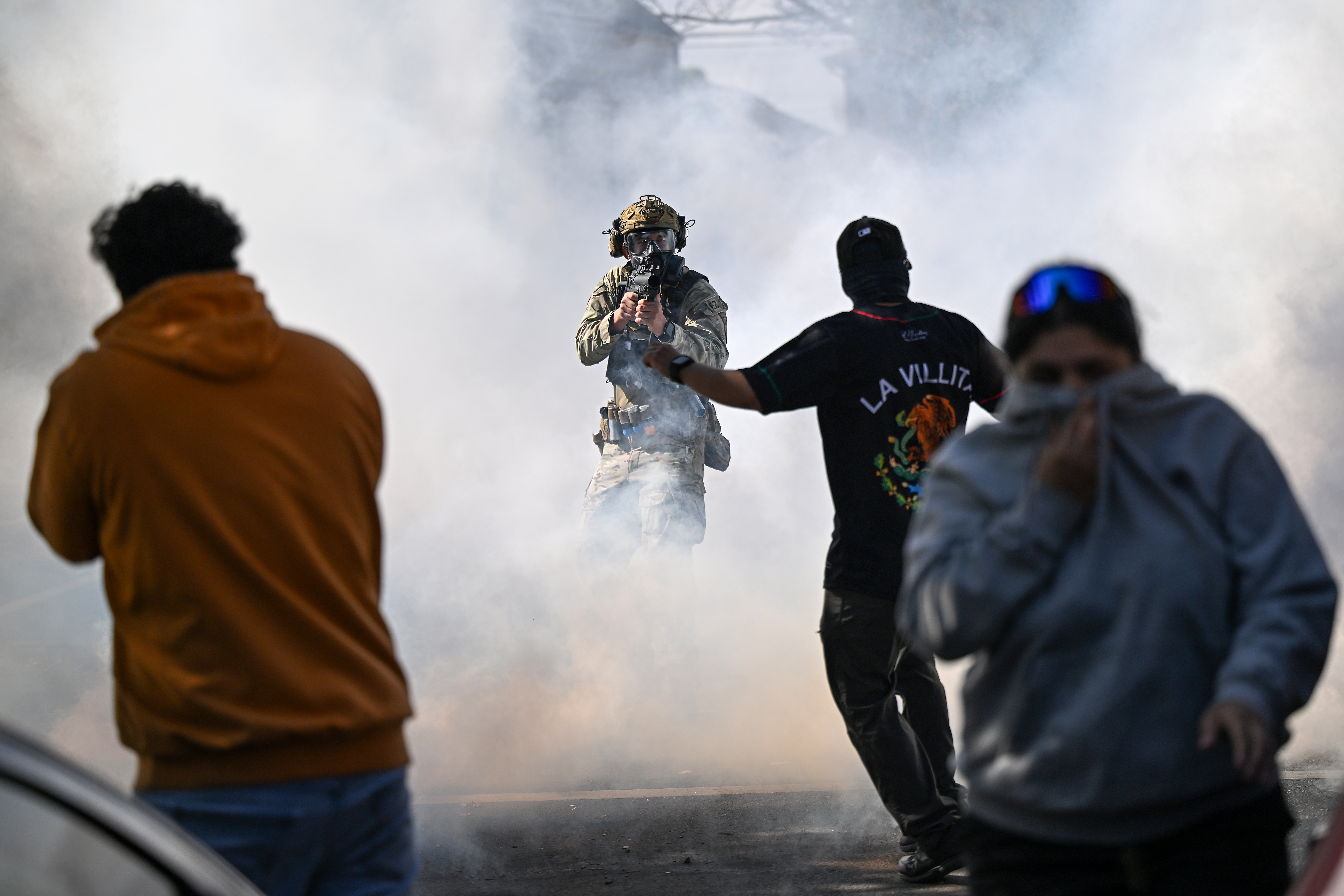
judge orders immigration agents in chicago to A federal judge has mandated that Immigration and Customs Enforcement (ICE) agents in Chicago must wear body cameras during operations, a significant move aimed at increasing accountability amid ongoing tensions between federal agents and local communities.
judge orders immigration agents in chicago to
Background of the Ruling
On Thursday morning, Judge Sara L. Ellis of the Federal District Court for the Northern District of Illinois announced her decision during a hearing related to “Operation Midway Blitz,” a controversial initiative by ICE aimed at apprehending undocumented immigrants in the Chicago area. This ruling marks a pivotal moment in the ongoing debate over immigration enforcement practices and the rights of individuals during such operations.
Judge Ellis’s order comes in the wake of a temporary restraining order she issued just a week prior, which limited the use of certain aggressive dispersal tactics by ICE agents. These tactics included the deployment of riot control weapons such as pepper spray and tear gas, which have been reportedly used against protesters and journalists. The judge expressed her profound concern regarding the apparent disregard for her previous orders, indicating a troubling pattern of behavior from ICE agents that has raised alarms about civil liberties and the right to free speech.
Logistical Challenges Ahead
While the ruling has been welcomed by some as a step toward greater transparency, the practicalities of implementing body cameras for ICE agents in Chicago remain unclear. Historically, Chicago has not been included in earlier ICE body camera programs, which raises questions about the availability of the necessary equipment. The ongoing government shutdown further complicates matters, potentially hindering the acquisition and distribution of body cameras to the agents involved in the operation.
Despite these logistical hurdles, ICE has continued its enforcement activities, asserting that its operations are essential for “preserving national security and public safety.” This stance has been met with skepticism by many community members and advocates who argue that such operations often disproportionately target vulnerable populations and lead to unnecessary fear among immigrant communities.
Judge Ellis’s Concerns
During the hearing, Judge Ellis expressed her frustration with the Department of Justice’s response to her orders. Federal courts reporter Jon Seidel from the Chicago Sun-Times reported that when Department of Justice lawyer Sean Skedzielewski raised concerns about the challenges of reviewing hours of body camera footage, Ellis responded with evident exasperation, stating, “There’s, you know, a simple way to not have to do that though, right?” This exchange underscores the tension between the judiciary and federal enforcement agencies regarding accountability and oversight.
Ellis’s insistence on accountability is particularly significant given the context of the Trump administration’s immigration policies, which have been characterized by aggressive enforcement tactics and a lack of transparency. Under these policies, ICE agents have frequently operated with little oversight, leading to numerous documented instances of misconduct, including the arrest of elected officials and the use of unmarked vehicles during detentions.
Community Reactions
The ruling has elicited a mixed response from various stakeholders. Community advocates and immigrant rights organizations have largely welcomed the decision as a necessary measure to protect the rights of individuals during ICE operations. Many argue that the use of body cameras could help deter misconduct and provide a clearer record of interactions between ICE agents and the public.
However, some community members remain skeptical about the effectiveness of body cameras in ensuring accountability. Concerns have been raised about the potential for footage to be manipulated or withheld, undermining the very purpose of the cameras. Additionally, there are fears that the presence of cameras could escalate tensions during encounters between ICE agents and community members, particularly in neighborhoods already fraught with anxiety over immigration enforcement.
Implications for ICE Operations
Judge Ellis’s ruling has broader implications for ICE operations not only in Chicago but potentially across the nation. If successful, the implementation of body cameras could set a precedent for increased oversight of federal law enforcement agencies involved in immigration enforcement. This could lead to a shift in how these agencies operate, with a greater emphasis on transparency and accountability.
Moreover, the ruling may influence public perception of ICE and its role in immigration enforcement. As communities become more aware of the actions of federal agents, there may be increased pressure on lawmakers to reform immigration policies and practices. Advocates for immigrant rights are likely to leverage this ruling to push for further reforms aimed at protecting vulnerable populations from aggressive enforcement tactics.
Future Court Proceedings
In light of her recent orders, Judge Ellis has scheduled a follow-up hearing for Monday, where she has summoned the director of ICE’s Chicago field office to explain the agency’s compliance with her directives. This move underscores the seriousness with which the court is treating the issue of accountability and the need for federal agencies to adhere to judicial orders.
As the situation develops, it will be crucial to monitor how ICE responds to the ruling and whether the agency takes meaningful steps to implement body cameras in a timely manner. The outcome of this case could have lasting ramifications for immigration enforcement practices and the relationship between federal agencies and local communities.
Conclusion
Judge Sara L. Ellis’s decision to require ICE agents in Chicago to wear body cameras represents a significant step toward increasing accountability in immigration enforcement. While the ruling has been met with both support and skepticism, it highlights the ongoing tensions between federal agents and local communities, particularly in the context of aggressive immigration policies. As the situation unfolds, the implications of this ruling could extend far beyond Chicago, potentially reshaping the landscape of immigration enforcement across the United States.
Source: Original report
Was this helpful?
Last Modified: October 17, 2025 at 12:37 am
2 views















